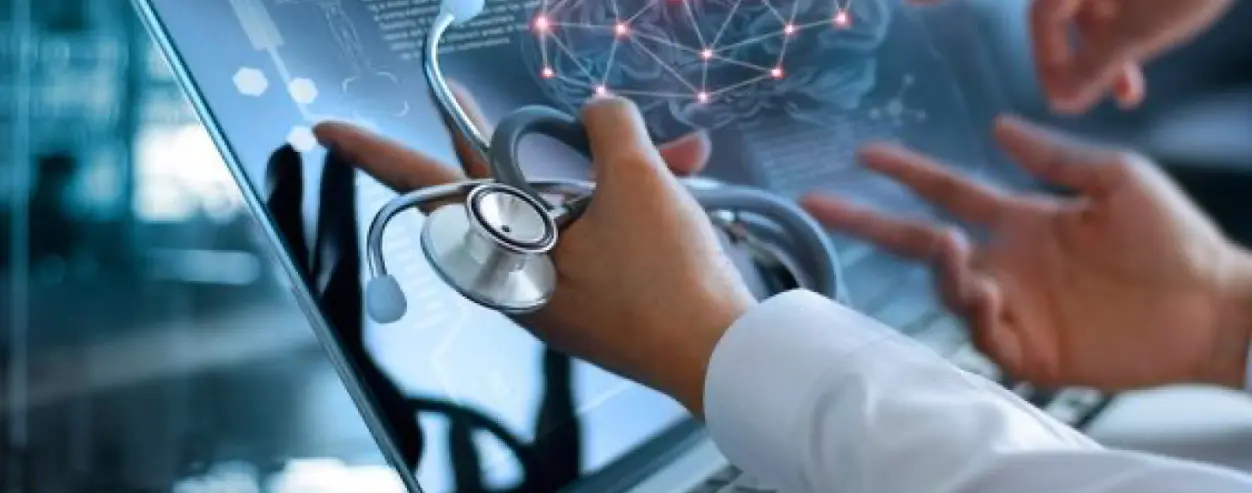- Data 05.05.24
- Category medicine
- READ 0 min

The Revolutionary Role of Micro and Nanotechnology in Medicine
Micro and nanotechnology are at the forefront of a medical revolution, offering unprecedented possibilities for diagnostics, treatment, and patient care. These cutting-edge technologies operate at microscopic and nanoscopic scales, enabling medical innovations that were once the stuff of science fiction. Let's delve into how micro and nanotechnology are transforming the landscape of medicine.
Precision Diagnostics
One of the most significant impacts of micro and nanotechnology is in the realm of diagnostics. Traditional diagnostic methods can be invasive, time-consuming, and sometimes inaccurate. Microtechnology, such as lab-on-a-chip devices, miniaturizes laboratory processes onto a single chip, allowing for rapid and accurate analysis of blood, saliva, or other biological samples. These devices can detect diseases at an early stage, often before symptoms appear, leading to better patient outcomes.
Nanotechnology takes this a step further with nanosensors that can detect molecular changes at the cellular level. These sensors can identify the presence of cancer markers, viruses, or bacteria with incredible precision. For instance, gold nanoparticles are being used to develop assays that can detect even the smallest traces of disease, revolutionizing early detection and prevention strategies.
Targeted Drug Delivery
Traditional drug delivery methods often involve systemic administration, which can lead to side effects and reduced efficacy. Micro and nanotechnology offer solutions through targeted drug delivery systems. Nanoparticles can be engineered to deliver drugs directly to diseased cells, minimizing damage to healthy tissues and enhancing therapeutic effects.
One exciting development is the use of liposomes—nanoparticles made from the same material as cell membranes—to deliver chemotherapy drugs directly to cancer cells. This targeted approach not only increases the concentration of the drug at the tumor site but also reduces the adverse side effects typically associated with chemotherapy.
Regenerative Medicine
Regenerative medicine aims to restore or replace damaged tissues and organs, and micro and nanotechnology are key players in this field. Nanomaterials can be used to create scaffolds that mimic the extracellular matrix of tissues, promoting cell growth and tissue regeneration. These scaffolds can be used to engineer new tissues in the lab, which can then be transplanted into patients.
Moreover, nanotechnology is crucial in developing stem cell therapies. Nanoparticles can be used to track the movement and differentiation of stem cells in the body, ensuring that they reach the desired location and develop into the needed tissue type.
Real-Time Monitoring and Wearables
Wearable devices incorporating micro and nanotechnology offer real-time health monitoring, providing continuous data on vital signs and other health parameters. These devices can monitor glucose levels, heart rate, and even detect early signs of diseases, allowing for timely medical intervention.
Smart implants are another innovative application. These devices can release drugs in response to specific physiological triggers or provide electrical stimulation to damaged nerves, enhancing the body's natural healing processes.
Conclusion
Micro and nanotechnology are revolutionizing medicine by enabling precise diagnostics, targeted therapies, and advanced treatment options. As research progresses, we can expect even more groundbreaking applications that will continue to transform healthcare, offering hope and improved quality of life for patients worldwide. The integration of these technologies into everyday medical practice promises a future where medical interventions are more effective, less invasive, and highly personalized.
By leveraging the power of micro and nanotechnology, the medical field is moving towards a new era of precision medicine, where treatments are tailored to individual patients based on their unique genetic makeup and health profile. The future of healthcare is not just about treating diseases but preventing them and enhancing overall human health and longevity.




